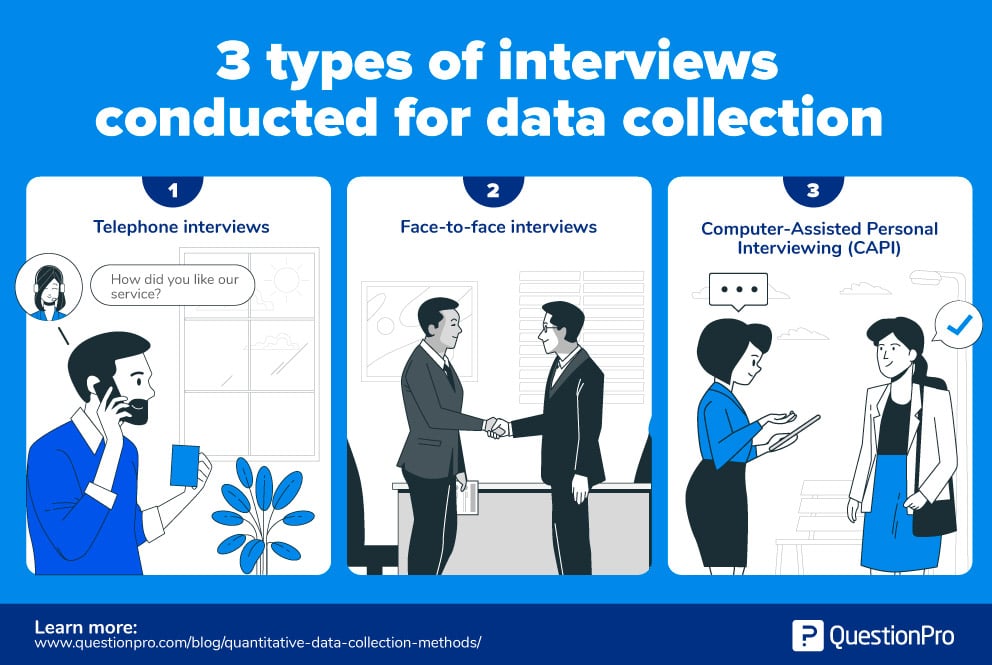An interview conducted to gather information for a speech. – An interview conducted to gather information for a speech is a crucial step in crafting an impactful and persuasive oration. It allows the speaker to delve into the expertise and perspectives of others, enriching their understanding of the topic and empowering them to deliver a speech that resonates with the audience.
After conducting an interview to gather information for a speech, it’s crucial to consider following up. As discussed in this article , a follow-up call can demonstrate your continued interest in the position and provide an opportunity to clarify any points from the interview.
By reaching out promptly, you show that you’re proactive and genuinely interested in the role, which can give you an edge over other candidates.
This comprehensive guide will equip you with the knowledge and skills necessary to plan, conduct, and analyze interviews effectively, ensuring that you gather the most valuable information to fuel your speech.
When conducting an interview to gather information for a speech, it’s important to ask the right questions. Check out 5 great questions to ask in an interview to get the most out of your conversation. These questions will help you gather the information you need to craft a compelling and informative speech that will resonate with your audience.
Purpose of the Interview: An Interview Conducted To Gather Information For A Speech.
The primary objective of conducting an interview is to gather accurate and relevant information that will enhance the effectiveness of a speech. By engaging with individuals who possess specialized knowledge and expertise, the interviewer can obtain insights, perspectives, and data that would otherwise be unavailable.
After an interview conducted to gather information for a speech, it’s important to show your appreciation. You can do this by sending a thank-you letter. Here’s a sample thank-you letter that you can use as inspiration. It’s a great way to express your gratitude and reiterate your interest in the position.
Remember, following up after an interview shows that you’re genuinely interested in the opportunity and that you took the time to prepare for the speech.
Planning the Interview
To ensure a successful interview, careful planning is crucial. This includes selecting interviewees with the appropriate knowledge and expertise, preparing insightful interview questions, and scheduling the interview in a comfortable and professional setting.
Before drafting a powerful speech, conducting interviews is a gold mine for gathering insightful information. One way to approach this is by referring to an example of interview questions and answers to guide your conversation. By asking thoughtful questions and actively listening to the responses, you’ll uncover valuable perspectives that will elevate your speech’s content and impact.
Conducting the Interview, An interview conducted to gather information for a speech.
The choice of interview format (structured, semi-structured, or unstructured) depends on the research objectives. Active listening and effective communication skills are essential during the interview. Recording and documenting the interview is important for future reference.
Interviews are a goldmine for speech-worthy insights. To strike conversational gold, check out 8 questions to ask during an interview . These gems will unlock the secrets of your subjects, giving your speech the depth and impact that’ll make it unforgettable.
Analyzing the Interview Data
Organizing and categorizing the interview data helps identify key themes and insights. Qualitative analysis techniques can be used to interpret the data and draw meaningful conclusions. Synthesizing the information into a cohesive and persuasive narrative is essential for an effective speech.
If you’re conducting an interview to gather info for a speech, make sure to ask the right questions. Check out 5 questions you can ask an interviewer to get the most out of your conversation. This way, you’ll have all the juicy details you need to craft a speech that’ll knock their socks off.
Ethical Considerations
Ethical considerations are paramount during interviews. Obtaining informed consent, maintaining confidentiality, and respecting the interviewee’s time and privacy are crucial. Unethical interviewing practices can have negative consequences.
Epilogue

By following the principles Artikeld in this guide, you can transform interviews into invaluable sources of information, enabling you to deliver speeches that captivate your audience, inform their perspectives, and inspire meaningful action.
Query Resolution
What are the key ethical considerations in conducting interviews?
Maintaining informed consent, respecting confidentiality, and valuing the interviewee’s time and privacy are paramount ethical responsibilities.
How can I ensure I ask effective interview questions?
Prepare open-ended questions that encourage detailed responses, focus on specific areas of inquiry, and avoid leading or biased language.
What techniques can I use to analyze interview data effectively?
Organize and categorize the data, identify key themes and insights, and employ qualitative analysis techniques to draw meaningful conclusions.
After conducting an interview to gather info for a speech, don’t forget the small but mighty thank-you note. It’s your chance to show gratitude and keep your name fresh in their mind. Learn the etiquette of addressing a thank-you note after an interview here . A well-crafted note can make a lasting impression and increase your chances of landing the gig.
Remember, it’s not just about getting the job done; it’s about building relationships and showing that you’re a class act.